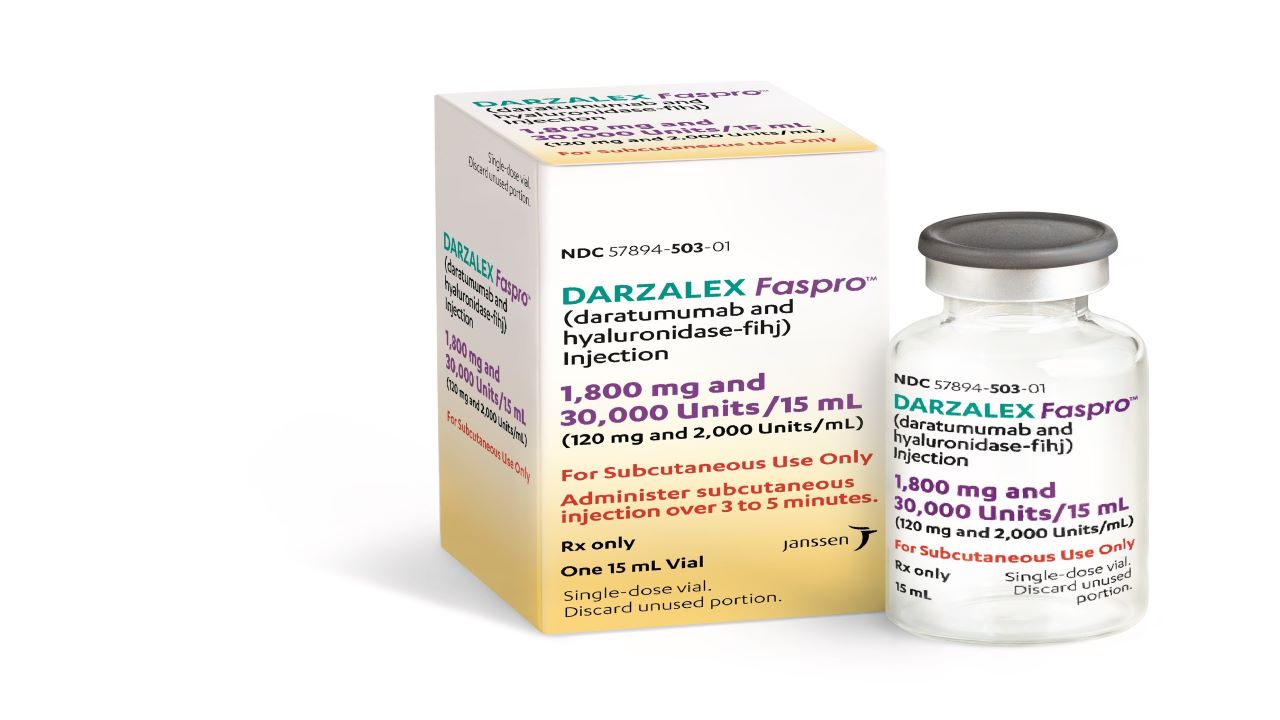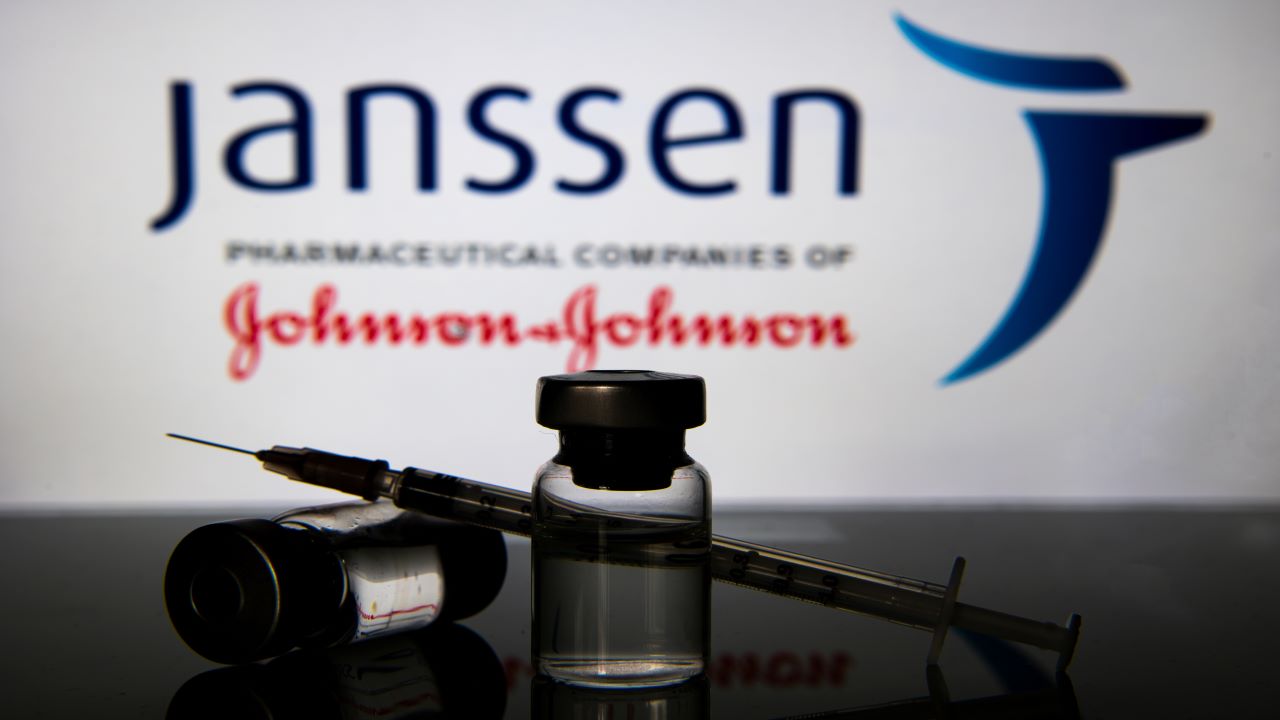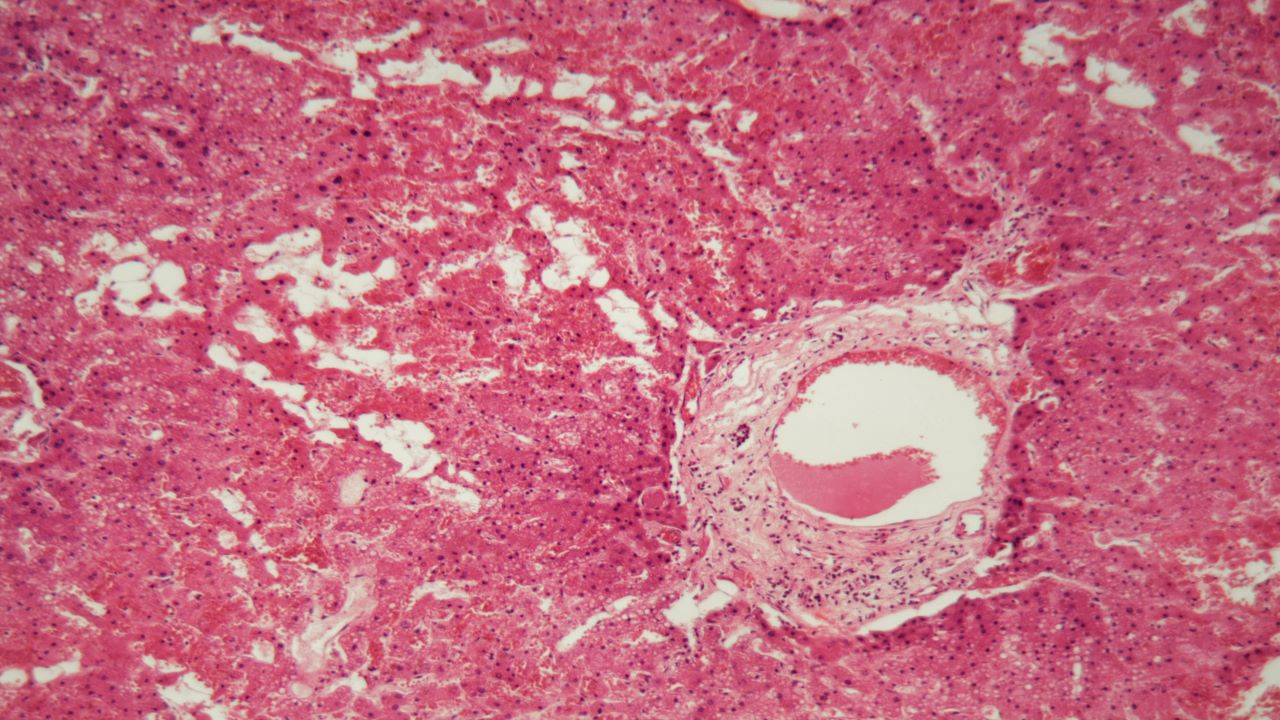DARZALEX FASPRO® (daratumumab and hyaluronidase-fihj) is the first subcutaneous therapy approved for the treatment of newly diagnosed light chain (AL) amyloidosis in adult patients.
Janssen Biotech, the developer, was granted an exclusive global license to develop, manufacture and commercialise Darzalex (daratumumab) from Genmab in August 2012.
DARZALEX FASPRO is available as a 1,800mg of daratumumab and 30,000 units of hyaluronidase per 15mL, colourless to yellow and clear to opalescent solution in a single-dose vial for subcutaneous administration, injected into the subcutaneous tissue of the abdomen.
DARZALEX FASPRO® approvals
Janssen Biotech submitted a supplemental biologics license application (sBLA) for DARZALEX FASPRO to the US Food and Drug Administration (FDA) for the treatment of adult patients with newly diagnosed light chain (AL) amyloidosis in September 2020.
The company received the US FDA approval for DARZALEX FASPRO (daratumumab and hyaluronidase-fihj), a subcutaneous formulation of daratumumab, in combination with bortezomib, cyclophosphamide, and dexamethasone, in January 2021.
The FDA approved DARZALEX FASPRO for the treatment of adult patients with multiple myeloma in May 2020.
In November 2020, Janssen Biotech filed a Type II variation application to the European Medicines Agency (EMA) for the use of DARZALEX® (daratumumab) subcutaneous formulation in the treatment of patients with light chain (AL) amyloidosis.
AL amyloidosis causes and symptoms
AL amyloidosis, a rare and potentially fatal blood disorder, occurs when plasma cells in the bone marrow generate abnormal antibody (immunoglobulin) proteins. In the case of AL amyloidosis, immunoglobulin light chain gets misfolded resulting in the formation of abnormal amyloids, which are deposited in vital organs, leading to organ damage.
Symptoms of AL amyloidosis include fatigue, weight loss, shortness of breath, pain, dizziness, chronic kidney disease, arrhythmia and autonomic neuropathy.
DARZALEX FASPRO’s mechanism of action
Daratumumab, a human IgG1k monoclonal antibody (mAb), binds to the CD38 molecule, a transmembrane glycoprotein (48 kDa) that is expressed on the surface of multiple myeloma cells, to inhibit the proliferation of CD38 expressing tumour cells.
Daratumumab causes rapid tumour cell death by inducing apoptosis by immune-mediated tumour cell lysis via complement-dependent cytotoxicity (CDC), antibody-dependent cell-mediated cytotoxicity (ADCC) and antibody-dependent cellular phagocytosis (ADCP).
Hyaluronan, a polysaccharide found in the extracellular matrix of the subcutaneous tissue, is depolymerised by the naturally occurring enzyme hyaluronidase to increase the permeability of the subcutaneous tissue.
Clinical trials on DARZALEX FASPRO
FDA approval of DARZALEX FASPRO was based on the results of Phase III clinical trial, named ANDROMEDA, which compared the combination of DARZALEX FASPRO plus bortezomib, cyclophosphamide and dexamethasone (D-VCd) to bortezomib, cyclophosphamide and dexamethasone (VCd) alone.
The open-label, randomised, active-controlled clinical study enrolled 388 patients with newly diagnosed AL amyloidosis and measurable haematologic disease with at least one organ affected.
The patients were randomised in 1:1 ratio to receive treatment with either daratumumab and hyaluronidase-fihj in combination with bortezomib, cyclophosphamide, and dexamethasone (4-week cycle) or treatment with VCd alone.
The primary endpoint of the trial was the overall complete hematologic response rate, while key secondary endpoints included organ deterioration progression-free survival, event-free survival, organ response rate and overall survival, among others.
The trial met its primary endpoint, demonstrating that the patients receiving the treatment with DARZALEX FASPRO plus VCd achieved a hematologic complete response three times higher than patients receiving VCd alone (42% for D-VCd and 13% for VCd).
Common adverse reactions in more than 20% of the patients with light chain (AL) amyloidosis who received the D-VCd combination therapy included upper respiratory tract infection, diarrhoea, peripheral oedema, constipation peripheral sensory neuropathy, fatigue, nausea, insomnia, dyspnoea and cough.
Janssen noted that DARZALEX FASPRO is not indicated and is not recommended for the treatment of patients with AL amyloidosis who have NYHA Class IIIB or Class IV cardiac disease or Mayo Stage IIIB outside of controlled clinical trials.





